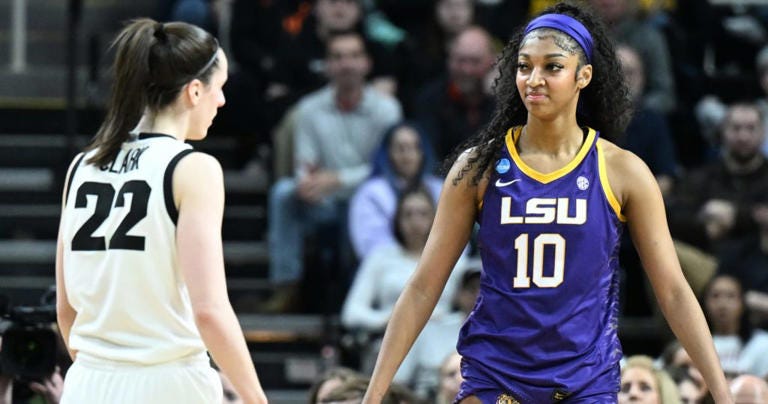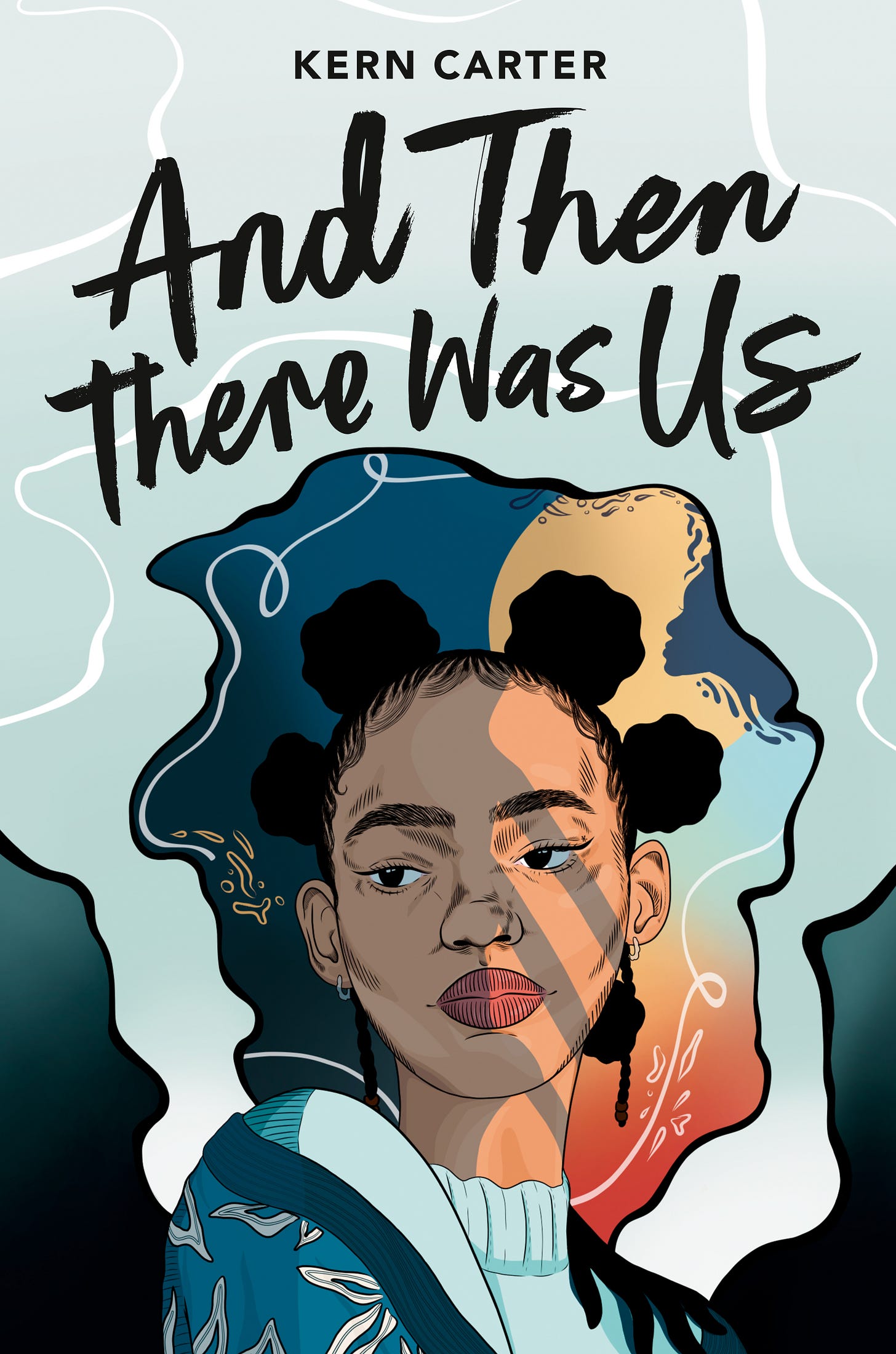On Monday April 1, 2024, over 12 million viewers watched a women’s college basketball game. That’s more viewers than nearly any single North American sports game in 2023 (minus the NFL).
How did this happen? How did we go from the almost desperate pleas to support women’s sports to them becoming the headlines of every sport show or sports critic across the internet?
Let’s back up for a minute, way back to 1979 when the NBA was this struggling professional league that wasn’t sure it would ever become popular enough to capture the hearts of Americans. It’s not like the league didn’t have talent. Dr. Jay and Kareem Abdul Jabbar and Moses Malone and Pistol Pete Maravich were all legendary players. But that wasn’t enough to demand the lucrative TV contracts or sell out 20,000 seat stadiums.
That all changed in 1979.
That’s the year that Magic Johnson and Larry Bird got drafted to the NBA. Their rivalry captured the attention of Americans and fueled the growth of the league for the next decade. Magic and Larry would battle it out in the NBA finals three times over that period, but their impact on the game far exceeded their on the court play, and that’s saying a lot because both of them are two of the top players to ever lace up a pair of ball shoes.
Maybe I’m being a bit dramatic here, but women’s basketball is going through it’s own Magic and Larry moment.
Just like the NBA of the 70s, talent was never the problem in women’s basketball. Diana Taurasi, Lisa Leslie, Sue Bird, Chamique Holdsclaw; I can go on and on and on with the number of incredibly talented women basketball players. What they finally have now is the story to capture the hearts and minds of a nation.
That story is Caitlin Clark and Angel Reese.
The rivalry between these two players started last season when they met in the national championship game. Reese and her LSU teammates beat Clark in the finals, but it was the story around how they competed that really got people talking.
Angel and Caitlin are both emotionally expressive players, and because Caitlin was becoming a superstar and Reese was playing for a superstar organization, the timing was perfect. America now had their story — two stars, one Black, one white, both outspoken and both playing at the highest levels.
America had also settled on who was their hero and who was the villain. Reese had taunted Clark in a competitive gesture after LSU beat Iowa for that championship. The “taunt” was light in comparison to anything the men would do, and if a man had done what Angel had done, we wouldn’t even be having this discussion.
But the taunt was enough to paint Angel as the villain, and that’s the story the media ran with. Angel herself started playing into the role, stating in an interview before the Iowa rematch: “I’ll take the villain role. I’ll take the hit for it, but I know we’re growing women’s basketball.”
Fast forward to Monday April 1st, 2024. Reese and Clark are back for the rematch. And although it wasn’t for the finals, it was for a shot to go to the Final Four so the stakes were still high. The entire lead-up to the game was all about the rivalry between the two players, even though they had only played in one other significant match up. The infrequency of their rivalry didn’t matter as much as the story that was being built up around these two players. That’s how powerful a story can be. It can literally defy logic.
And this story had two of the components that fuel American culture — sports and race. When you pair that story in the current political and social climate, it’s a perfect storm of sensational headlines and media mayhem that caused the country to pay attention to a game that only recently signed a new TV contract with ESPN to deepen the commitment to showcasing women’s sports.
Over 12 million viewers later, and we’re experiencing a renaissance initiated by women college athletes. And since both Caitlin and Angel have declared for the WNBA, the attention they’ve demanded is sure to follow them to the pros, which will hopefully have a similar effect that Magic and Larry had on the NBA.
Okay, now what does this have to do with writing?
We all think we’re telling interesting stories, right? Our books, our newsletters, our articles, these stories are interesting, no?
Probably. But why should people read those stories in the first place? What is the story you’re using to draw people into these different modes of writing?
What I am essentially asking you is what is your story? And how is your story bigger than any single book, article, or newsletter that you are producing? How are you leveraging your story to bring attention to your different projects?
Because here’s the thing: you’re already a great writer just like those basketball players were already great athletes. Your problem likely isn’t talent. But unless you have a compelling story that is intriguing enough to capture the hearts and minds of potential readers, you’ll struggle to build the type of writing career you’re striving for.
Fair or not, this is the reality, and we’re seeing it played out in real time. We need to learn from moments like these and apply it to our own journeys. Pop culture is here to teach us the lessons we need to thrive. You’re already a superstar, you just need to world to pay attention.







If I understand you correctly, you mean our personal story as writers, and not the specific story we are trying to “sell”/ publish? Well, my back story is pretty wild. My mother kidnapping us from communist Hungary in the 80’s to Israel, and then finding out I wasn’t actually Jewish, just before I was about to join the IDF. I must admit that it gives me a rather unique perspective, especially when I write about the ongoing Israel-Palestine conflict. Because I don’t belong to a specific identity group, I can keep a more nuanced perspective and focus on the pure human aspect. But, I also get attacked for it…
Thanks Kern for the positive boost in mindset. You have hit the nail on the head.
Yes, it is the secret sauce.
So does the writing have to be political, to draw mass interest ?
I did a quick check on new recent writers who received huge advances - with a small sample. You are right, it seems so with subject matter they worked with.
I think maybe your onto something, and this needs to be explored further.The power structures and personal experience, draws people in.
Some people may not be comfortable writing a political novel though.